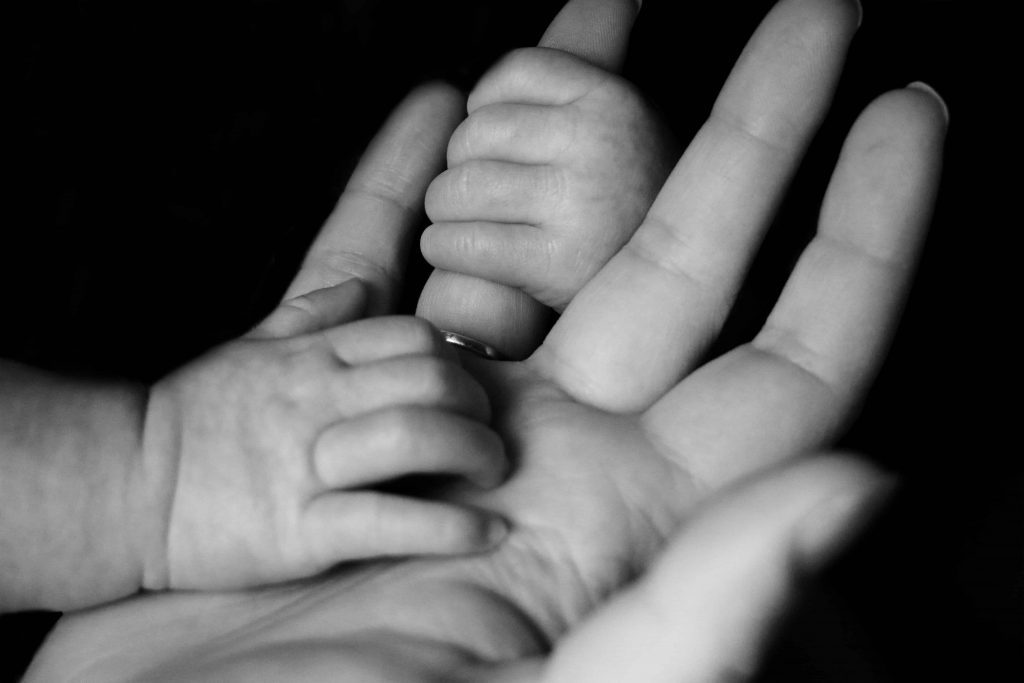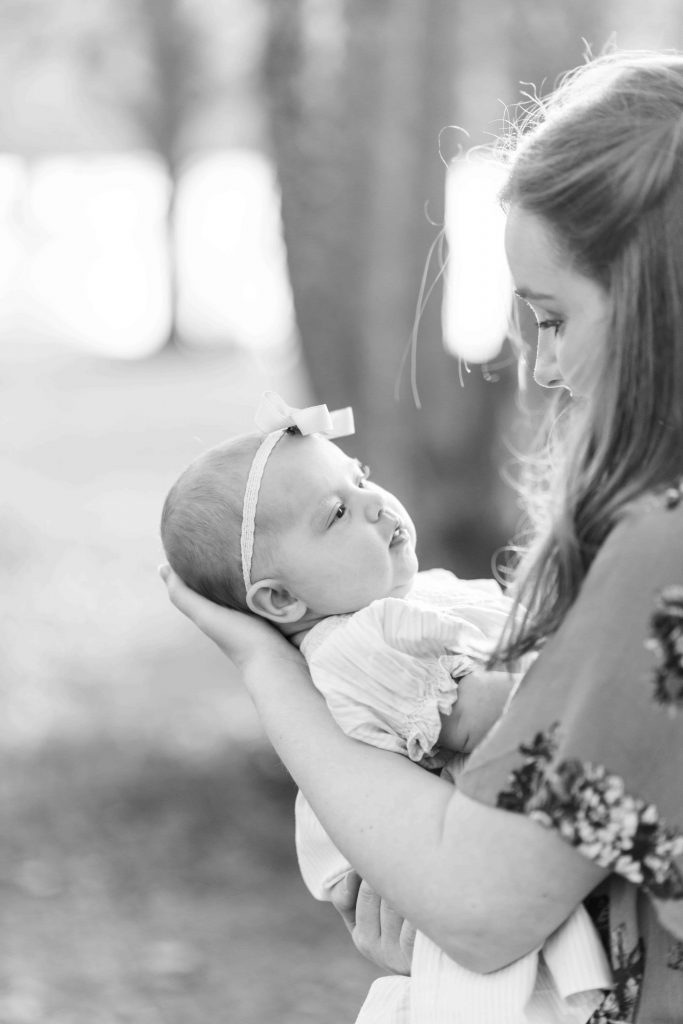
Abortion is a conflict of rights between two connected bodies with different souls.
We are going through a time where everyone has turned very cautious about their rights. Some of us are not only seeking justice for those who are alive and are visible to the naked eye but are also demanding justice for the one who hasn’t even experienced the world yet. The very first statement represents the complexity of the matter we are going to discuss further.
This fight for life began around 60 years back when women were subjected to different kinds of expectations largely from society, religion, parents and husband. Parents wanted their girl to get married as soon as possible, husband expected her wife to get his son to continue the lineage of his family, society was expecting her to be an ideal wife and manufacturing machine of babies, religion was expecting her to fulfil all the demands of her husband and in-laws. So, there was no one to listen to what women feel and what they want?
Abortion remained a matter of controversy since the beginning, especially when we are talking about a country like India which is famous for her heritage and culture and most of all, our beliefs, conducts, mindsets, and societal norms which are overpowered and driven by religion. Whether we talk about Hinduism, Sikhism, Islam, or any other prevalent religion in India, all the religions talk about children being the gift of god and consider abortion a sin, not only this, the religion in several instances have endorsed the domination of male or we can say the importance of having a son.
These were the reasons for which women were deprived of their reproductive rights from a long time and sometimes even went under unwanted abortion to avoid girl child for the same purpose of having a boy, but there is no boundary for our efforts after a long-term fight with all these aspects, women finally got their voices heard.
The Medical Termination of Pregnancy Act 1971 marked the first step, in India, towards endorsement of women’s rights on her body. Before this, abortion was illegal. no doubt women got their abortion rights with MTP Act, 1971, but it was also provided on certain specific grounds which I would further throw the light on. The story doesn’t end here. This act was not a complete full stop on the fight between conservative society and the unheard voices of millions of women. Rather when abortion became legal it started a new phase of revolution for the rights of an unborn and also the next step of a struggle for females. Let’s begin our discussion on the legalisation of abortion and its complexities arising out of several unanswered questions related to an unborn child and his/her rights.
The Legalisation of Abortion and Recent Amendments – A boon for females.
A survey conducted by WHO in India reported that around 10 women die every day due to unsafe abortions. In fact, unsafe abortion is the third leading cause of maternal death in India. This was a report after the MTP act was passed successfully. This data must have made one thing very clear that in spite of having legalised facilities of abortion the death toll is so high, what would the situation have been when it was illegal?

During the 1960s and 1980s, almost all countries were admiring the fact that they need liberalisation in their abortion-related laws as it’s not the fault of women that she is stuck in a condition where abortion is the only possible option. A girl who is raped and got conceived, failure of contraception troubled a couple with one more child that was not economically suited to them, a pregnant lady gets to know that the foetus in her womb will be born with abnormalities. Now, in all these aforesaid conditions it is very clear that they would surely like to go for an abortion. What if abortion is illegal in their respective domiciles? They either have to bear the unwanted difficulties for the rest of life or they will go for unsafe abortion which can cause death or any other possible injury.
Though India has adopted liberalisation in abortion in 1971 through the MTP act still the debate on this discourse is endless and is still at its rage. The radical feminist and the pro-choice activists argued that it should be the sole right of a female to decide whether she wants a child or not and to whom she wants to get involved in her decisions. They are approaching for full-fledged rights in the hands of women concerning her pregnancy. But till now there is only 14% of total developing countries and 65% of total developed countries that have allowed abortion on mere request and struggles of women in these countries except them all other countries have laid down specific grounds for the use of a medical facility for abortion commonly known as induced abortion.
Let’s look at the several important provision of newly introduced MTP amendment bill (which has been approved by the Cabinet), that allowed women to seek abortion as a part of reproductive right and gender justice:
- The upper limit for the termination of pregnancy is raised from 20 weeks to 24 weeks for special categories of women which will include ‘vulnerable women including a survivor of rape, a victim of incest and other vulnerable women (like differently-abled women, minors etc.)
- Now the opinion of only one registered medical practitioner (RMP) is required for the approval of termination of pregnancy up to 20 weeks of gestation. But the opinion of 2 RMPs for termination of 20 to 24 weeks pregnancy is required.
- For unmarried women, it seeks to relax the contraceptive failure condition for ‘any women or her partner’ from the earlier provision for ‘only married women or her husband’, allowing them to medically terminate the pregnancy.
- Name and other particulars of the women whose pregnancy has been terminated shall not be revealed except to a person authorised in any law for the time being in force.
This amendment is a very important step and is the need of the hour. This has resolved problems for many as for e.g., the case of rape victims who got pregnant were horrifying as due to long-running trials they usually passed 20 weeks, doctors were also unwilling to provide abortion irrespective of the gestational stage and thus, had to bear the child of the rapist or had to marry the rapist. Recently the court has accepted the petition of many rape victims to abort their 24 weeks foetus.

The other big issue is the presence of ambiguity in provisions of the original act regarding the termination of pregnancy, due to contraceptive failure, for unmarried women was another need for this amendment. The requirement of 2 medical practitioners for more than 12 weeks of pregnancy was another problem resolved for rural areas where there is a lack of presence of more medical practitioners. Rest all other women are allowed to get their pregnancy terminated within 12 weeks without any reason. In this way, abortion laws have been liberalised.
Thus, this move will ensure dignity, autonomy, confidentiality for women and will help in empowering women by strengthening their reproductive rights. Though many necessary amendments have got a place in the previous framework of the act still, the pro-choice activists are not satisfied as they are still struggling for providing complete control of pregnancy-related decisions to women and state must not interfere in this. Currently, their main focus is removing any gestational limit for rape victims. But why can’t the state give absolute control to women on their pregnancy? This question will be answered in the next section where we will discuss the right to life of an unborn.
Do we recognize the Right to Life of an Unborn?
While talking about the legalisation of abortion as a boon for females we talked about the reproductive rights and gender justice argument given by the pro-choice activist now, let’s drag our attention towards the arguments of the pro-life activists in acknowledging the right to life of an unborn needs ban on abortion. But before deciding whether abortion should be banned or not? We need to know the condition of the right to life of an unborn in the national as well as international arena. In this section, we will analyse the global recognition of the right to life for an unborn and also how India endorses it.
- The Universal Declaration of Human Rights 1948: This is one of a very important source that helps us derive a big strength for our argument that a foetus has a right to life, as the preamble of UDHR itself states that every member of the human family have a right to life and should be recognised equally as a person before the law. It has always affirmed that a foetus must be protected by law from an early stage.
- The International Covenant on Civil and Political Rights 1966: This is another very important document that talks about the independent right to life of an unborn by virtue of being a human. It states that every human being has an inherent right to life and there is no say in the fact that an unborn is also a human being. Moreover, it also speaks about the sentence of death shall not be carried out on pregnant women which gives the pro-life argument more viability.
- Convention on the Right of Child 1989: It defines a child as every human being below the age of 18 years, under the laws applicable to the child, the majority is attained earlier. Thus, here as well the scope of human being has not been clarified. It doesn’t say that a child is a human being from the day of conception but doesn’t limit the ambit of human beings as well.
From the above discussion, it has become very clear that the biggest trouble in deciding whether an unborn have the right to life as other human beings or not? is the presence of ambiguity in these international conventions. The framers are still silent or obscure about it. Hence, the matter basically gets handed over to the member state to make their independent decision on it, that’s why there are still 26 countries where all kind of abortions for any reason is illegal.
Now, let’s look at the Indian laws and acknowledging the rights of an unborn.
- The Indian Penal Code provides punishment for the intentional act of miscarriage and other intentional acts to prevent a child from being born alive. It also takes into account the arbitrary act of abortion as punishable and thus it endorses the right to life of an unborn.
- The code of Criminal procedure prohibits the high court from giving capital punishment to a pregnant lady.
- The MTP also allows abortion on certain grounds only and not on the choice of the female and only for a limited time period of 24 weeks after it the foetus is considered viable and hence is illegal to take his/her life.
- Many states of India have also adopted several special legislations like the Nuclear Installation Act 1965, which imposes liability of compensation on a person or corporation if any injury caused to an unborn due to nuclear emission.
All these clearly revels that we have agreed to a large extent that a foetus must enjoy the right to life.

But still, the problem is not resolved as there is still lack of one majority view in favour of the right to life of a foetus and the reason is simple, the failure of lawmakers in deciding questions like whether an unborn child can be counted in ‘everyone’ or when that unborn acquires the status of a person. These have created a big problem for us as we are seeking the answer for should abortion be banned, as it is contradictory to right to life of a foetus? But we don’t have any authorised legislation that can expressly speak forth in the favour of ‘an unborn have a right to life’. We have only interpreted it by ourselves, that will not serve as enough argument to consider abortion contradictory.
But as no right is absolute because an absolute right can be misused very easily. Thus, abortion as a reproductive right of females is limited to certain ground and it will not be allowed after that. By making this right limited we have established a considerable balance between the right to life of a foetus and the right to reproductive health and family planning of a couple.
Conclusion
Abortion has always remained a matter of debate between scholars, the reason is many religious, ethical, medical, and social grounds. This has always created clashes between pro-choice and pro-life activist. When abortion was illegal the mother-infant mortality rate was very high. It has been observed that the death toll is high in countries where abortion is highly restricted or allowed for a very specific purpose than countries that have liberalised their abortion laws.
The legalisation of abortion often raises the question about injustice with an unborn but on the other hand, we don’t have any legislation representing the right to life of an unborn. This increases the difficulty in deciding whether women should be given free hand to deal with their reproductive rights or should be restricted to safeguard the rights of an unborn. There is a lot of evolution required in the field of science and law to answer the most important unanswered questions. This evolution will lead us to resolve the complexity of this right conflict.